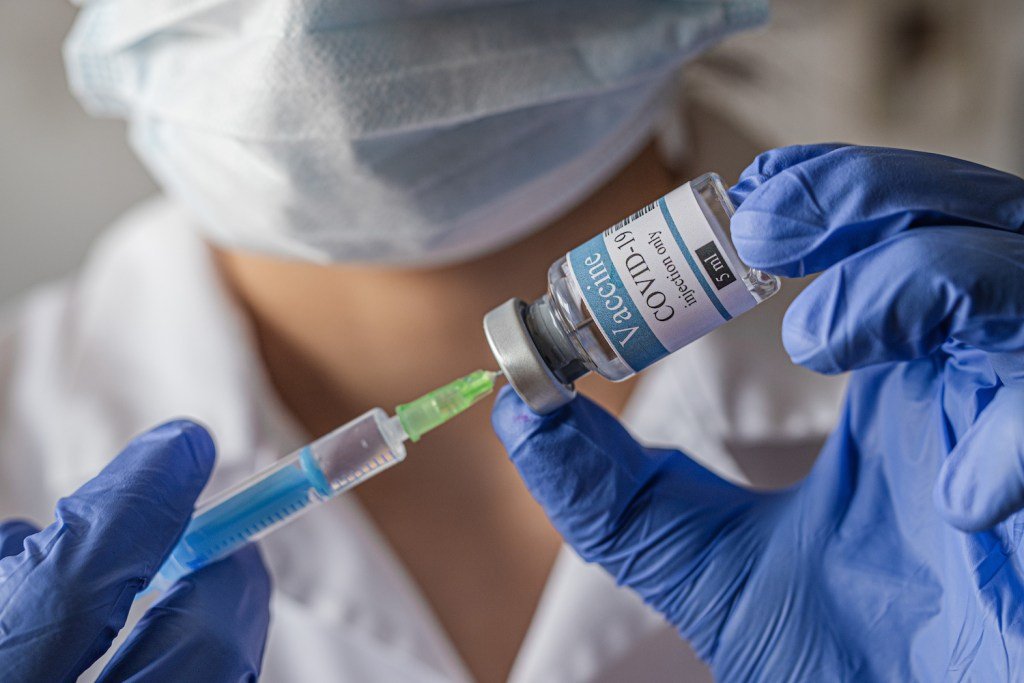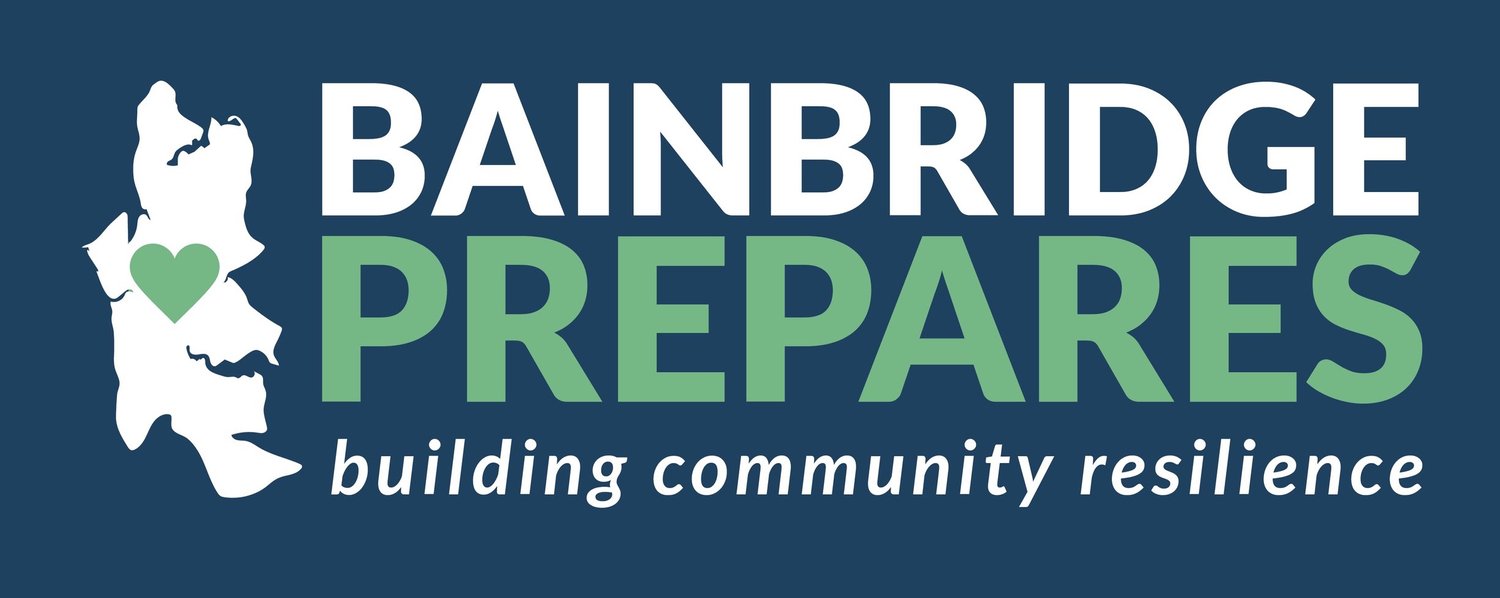Increase Efficacy of Your COVID-19 Vaccine with Healthy Habits
 A new review of research conducted by the University of Ohio has identified a strong correlation between good health behaviors and vaccine efficacy. The review will be published in Perspectives on Psychological Science.OSU researchers reviewed 49 vaccine studies from the last 30 years. They discovered that stress, depression, and poor health behaviors delayed humans' abilities to form antibodies, shortened the duration of efficacy of the antibodies formed, and increased a vaccine's side effects.The researchers also reviewed data about human heath behaviors during the pandemic, data that show higher symptoms of depression and anxiety, more insomnia, increased purchases of alcohol, more frequent overeating, and reduced physical activity (as demonstrated through Fitbit app data). Researchers say that these findings raise some questions about how quickly the COVID-19 vaccine will take effect and how long the efficacy will last.
A new review of research conducted by the University of Ohio has identified a strong correlation between good health behaviors and vaccine efficacy. The review will be published in Perspectives on Psychological Science.OSU researchers reviewed 49 vaccine studies from the last 30 years. They discovered that stress, depression, and poor health behaviors delayed humans' abilities to form antibodies, shortened the duration of efficacy of the antibodies formed, and increased a vaccine's side effects.The researchers also reviewed data about human heath behaviors during the pandemic, data that show higher symptoms of depression and anxiety, more insomnia, increased purchases of alcohol, more frequent overeating, and reduced physical activity (as demonstrated through Fitbit app data). Researchers say that these findings raise some questions about how quickly the COVID-19 vaccine will take effect and how long the efficacy will last.
The review considered data recorded for a range of vaccines including hepatitis B, typhoid, influenza, and pneumonia, a wide enough range that led the reviewers to believe the findings will also be relevant for the SARS-CoV-2 vaccine.The reviewers discovered the following relationships between psychological health/other behaviors and vaccine efficacy:
- Of medical students given a hepatitis B vaccine, those who were more stressed or anxious about exams given at the same time took longer to develop antibodies.
- Of older adults administered a pneumococcal pneumonia vaccine, those who also were chronically stressed caregivers of spouses with dementia had a more quickly diminished antibody response.
- Of older adults given a flu vaccine, only 20 percent of stressed adults over the the age of 70 developed antibodies.
- Of people given vaccines, those who were depressed experienced the vaccination side effects of malaise, irritability, and lethargy for longer.
What can people do to increase the efficacy of the COVID-19 vaccine? The review suggests that people should
- get a good night's sleep before getting the vaccine.
- engage in 25 minutes of arm exercises before getting the vaccine.
- engage in short-term and long-term physical activity.
- take nutritional supplements before vaccination.
- get a massage.
- manage stress.
An article in The Optimist Daily about the review recommends that people eat a plant-based diet to support the efficacy of vaccines and that they avoid unhealthy behaviors such as smoking.
